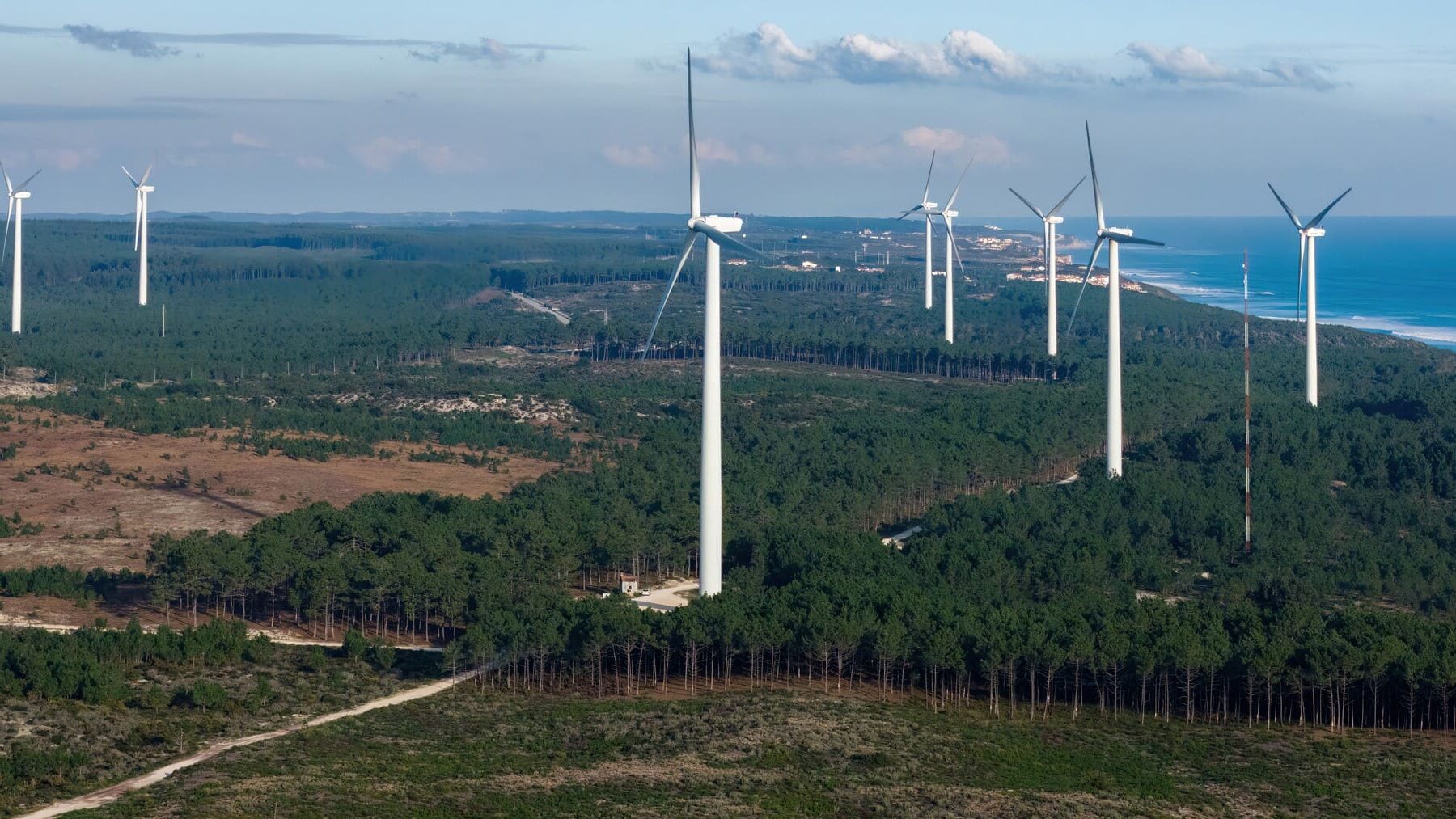An environmental group denounces the lack of dialogue and transparency that has existed in Euskadi throughout the process of creating the PTS of renewable energies as well as the contempt the above-mentioned plan has towards biodiversity, which contradicts the official speeches that ‘fill their mouths’ with the word sustainability.
The Sectoral Territorial Plan (PTS) of renewable energies from Euskadi arrives late. While this planning tool is being defined, more than 100 wind and photovoltaic park projects that would fall outside the PTS planned schedule are already being processed. “This reflects a clear lack of foresight and planning by the Basque government,” the environmentalists denounce.
Renewable energy PTS
The document responding to the allegations shows that almost all of the 4,700 allegations submitted, from citizens, environmental groups, associations and even governments themselves, have been rejected. It is especially significant that the three provincial councils, key entities in the territorial and environmental management, I also haven’t seen any attention paid to their contributions.
“This disregard of the allegations shows a lack of dialogue transparency in an issue as sensitive as energy planning and territorial. “Those who strive for sustainable development compatible with environmental protection are not listened to,” the NGO criticizes.
Another worrying aspect is how the PTS ignores the prohibitions included in the species management plans currently endangered species, such as the common Egyptian vulture and the bearded vulture. The Necrophagous Bird Management Plan identifies clear limitations that have not been taken into account in the PTS, endangering the survival of these species.

“It is shameful that a document of this magnitude does not take into account specific regulations designed to protect species at risk of extinction. This contempt for biodiversity contradicts all discourse about sustainability,” they say from the organization.
Disdain for ecological corridors
Many accusations together pointed to the need for this exclude ecological corridors as areas suitable for sustainable energy projects. However, in the response document, the Basque government justifies its position by ensuring that the ecological corridors in Euskadi are designed exclusively for terrestrial species, and not for birds.
According to the NGO, this statement is completely incorrect. “The ecological corridors reminder document itself contains tables showing how different bird species would also benefit from the conservation of these corridors. It’s not acceptable misrepresenting information to justify decisions contrary to the preservation of the environment,” they denounce.
The organization also emphasizes the need to implement an accessible and updated viewer in GeoEuskadi with which you can consult everythings energy projects in the pipeline in Euskadi from the start of processing, as well as the basic data related to the project, such as its location, the status of environmental processing and in which stage of processing they are.
This viewer, similar to the one that exists in Catalonia, would guarantee transparency and provide better services to citizens and organizations tracking the cumulative impact of these projects on the territory and biodiversity. To which the answer was that it would be fine and could be done with Geoeuskadi, but without any intention of doing so. Ekologistak Martxan requests to do this, including all projects already in progress.
This is the conclusion of the NGO This sustainable energy PTS is not just coming too latebut also ignores the basis of a fair energy transition with respect for the natural and rural environment. There is an urgent need to promote deep change that combines the fight against the climate crisis with social justice and the protection of biodiversity.
According to the NGO, “this change must be based on an inclusive and collaborative transformation from the social base that allows us to achieve three fundamental goals: drastically reduce our dependence on fossil fuels and move towards low-carbon production; restoration of damaged ecosystems while aligning our economy with the natural balances of the planet and ensuring a dignified, just and autonomous life for all people, here and everywhere in the world.
The environmental organization emphasizes that there is a real need and urgency to promote deep changes, to combine three fundamental elements: the defense of social justice, the fight against the climate crisis and the protection of biodiversity.

